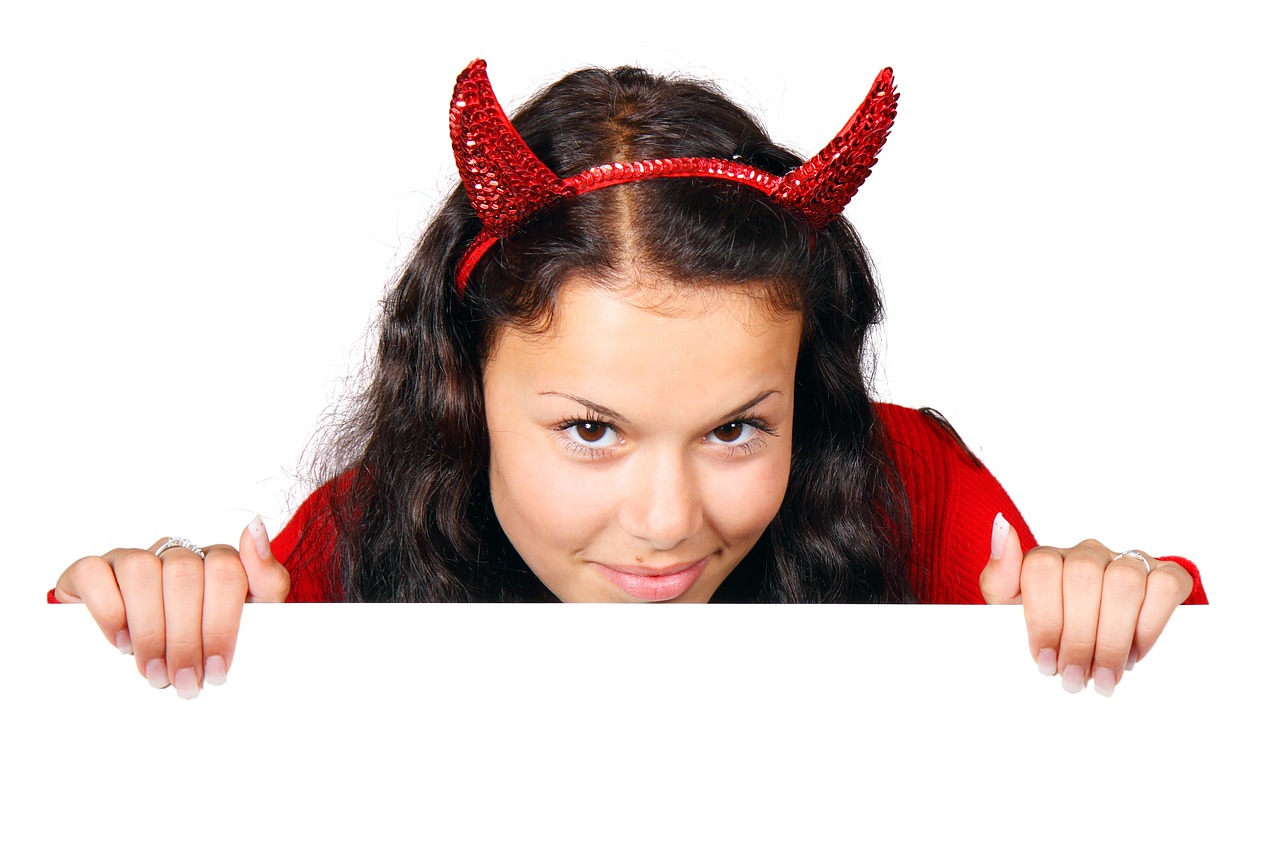October 31st is upon us once more. We find ourselves yet again, visiting costume shops, browsing through the same rotated stock year in, year out, and planning outfits to wear to a Halloween themed club night.
While sifting through multiple Playboy bunny, sexy nurse and saucy devil costumes, it may strike you that they all seem to have something in common…
The majority of female costumes fit into the general image of being seen as ‘sexy’ on Halloween. For some reason, for one night a year, when society allows, women (especially) are permitted to be sexually open and it is seen almost as a requirement, that women dress with sex appeal in mind.
This is easily proven with one simple Google search. Type in ‘Women’s Halloween costumes’ and you are greeted with a myriad of suggestions, such as; ‘army girl sexy costume’ and ‘women’s sexy clown costume’. You get the idea. They all have ‘sexy’ in the title. Just one Google search already sets up the idea that there is an expectation in society for women to look good.
Some argue that ‘sexy’ Halloween costumes are a form of female empowerment, a way to prove control over your body, giving the middle finger to patriarchal objectification. On the other hand, others say that Halloween allows for the objectification of individuals, due to the nature of the fit or material; the costumes often being latex, barely-there or figure-hugging.
If it were any other ordinary day, and not Halloween, society would not be as accepting about these outfits, and I see this as a problem. It can be confusing when society does not allow for unrestricted sexuality any other day, yet there seems to be an exception put into place when October 31st arrives. On Halloween we are expected to dress provocatively, which in itself is a form of objectification by saying that it is only acceptable to dress like this once a year. Women would usually be frowned upon and called derogatory names, for wearing such provocative clothing. When do we draw the line? When do we say that we have had enough of abiding to social constructs monitoring and constricting our sexuality with no consent?
However, objectification on Halloween does not just apply to women. I am not just referring to men; women objectify other women too. Although, women often feel as if they have to be the epitome of sexy when choosing their Halloween costumes, there are also pressures on men to don an outfit showcasing their bodies, particularly their abs. For many individuals, it is not the costume that is the issue – it the is connotations associated with the costume. The issues begin to arise when one puts on the costume because of the attitudes associated with skimpy and over-sexualised Halloween outfits.
So, do “sexy” Halloween costumes increase problems of objectification? My answer to this is; I am a believer in wearing what you want to wear, and not just on October 31st. If you feel good and confident in an outfit, then you should be able to wear it without worrying about the opinions of others, or how people may treat you. However, the constant thought of whether I am just dressing this way to conform to social norms and to meet what is expected of me on Halloween often plays in the back of my mind. It would be interesting to see if I was perceived differently if I chose to dress up as a stereotypically male Halloween costume such as a werewolf, instead of the expected ‘sexy’ devil costume that society and social media pressurises young women to wear.
Gemma Lavers

